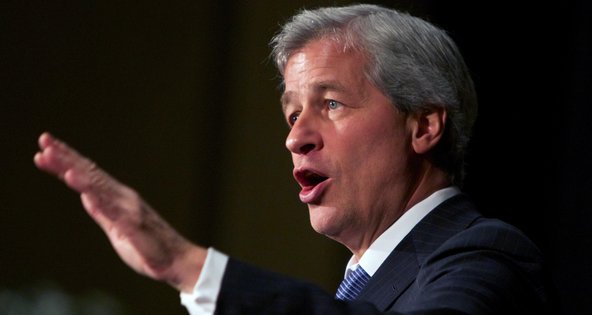 Intrade.com had allowed people to make wagers on real-world events.
Intrade.com had allowed people to make wagers on real-world events.
The online betting site Intrade announced late on Sunday that it had halted trading and frozen customer accounts after the company said it had discovered potential financial irregularities.
The moves followed concerns raised by the company’s auditors over more than $1.5 million payments to Intrade’s founder, John Delaney, and other unnamed third parties. The transactions, according Intrade’s auditors, were not sufficiently documented.
There were “significant financial irregularities in the internal accounts,” Intrade’s outside accountants said in a recent report to Irish authorities. “Insufficient documentation was available regarding payments made into bank accounts controlled by Mr. Delaney and other third parties.”
It was not clear whether the financial irregularities that prompted Intrade to halt trading were related to the payments. Mr. Delaney died in 2011 as he tried to reach the summit of Mount Everest. The company’s current executives are not connected to the potential irregularities, the auditors added.
Founded in 1999 by Mr. Delaney, Intrade had become a popular place where customers could bet on the potential outcome of world events like the United States presidential election and the selection of the next pope. But the business model has faced scrutiny from regulators.
In November, Intrade shut its Web site to United States residents when the Commodity Futures Trading Commission filed a civil complaint accusing the company of offering the contracts outside traditional exchanges and without regulatory approval.
The commission also said last year in its filing against the company that Intrade and an affiliate company had filed false annual forms with the agency, which had misled authorities over which investors could enter into contracts on the firm’s Web site.
Late Sunday, Intrade said it would close all outstanding bets after the company had discovered potential “financial irregularities” under Irish law. The company said it also had ceased trading, settled all outstanding customer contracts and stopped users’ banking transactions from the Web site.
“We will investigate these circumstances further and determine the necessary course of action,” Intrade said in a brief statement.
Article source: http://dealbook.nytimes.com/2013/03/11/online-betting-site-intrade-halts-operations/?partner=rss&emc=rss
